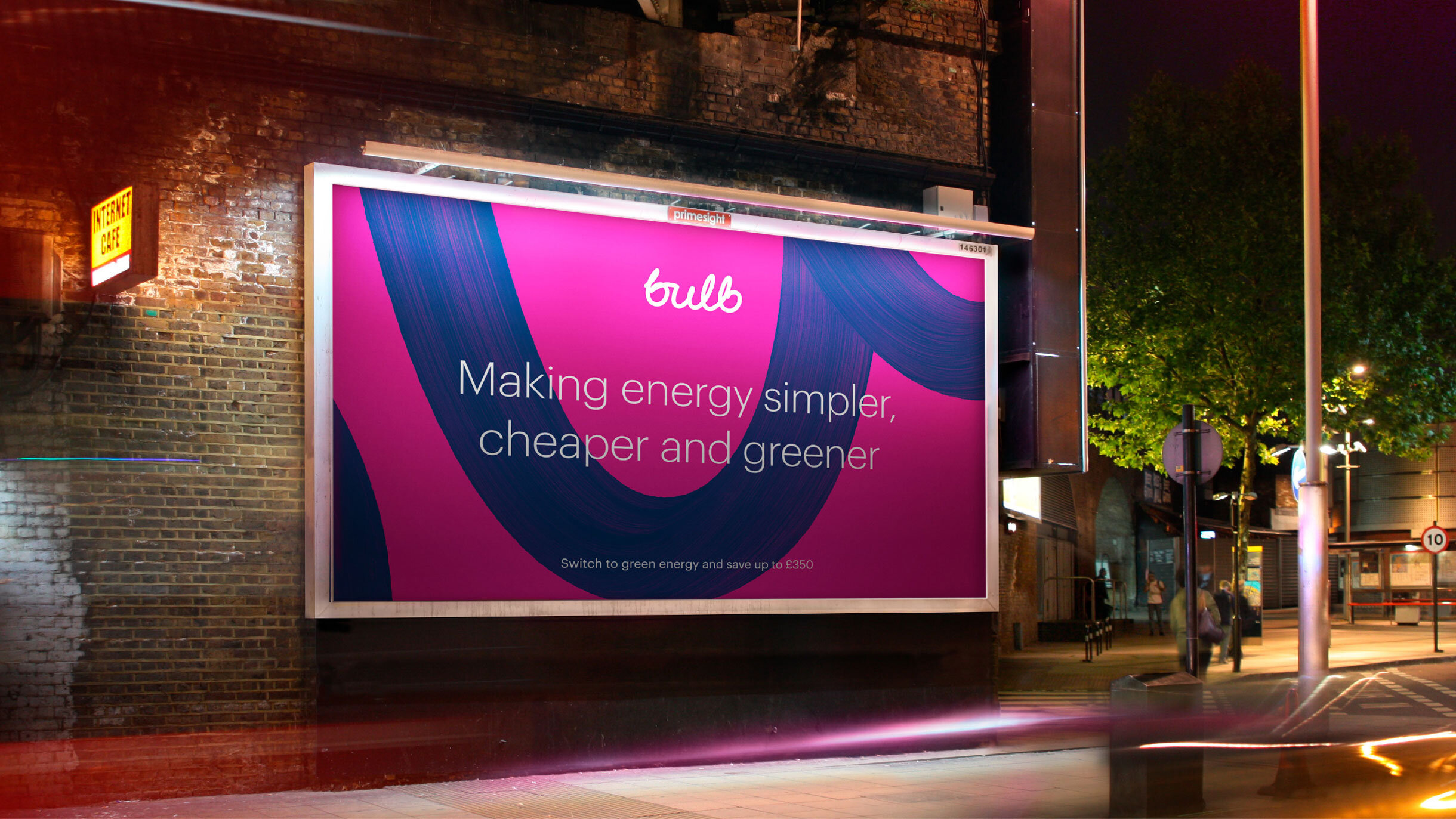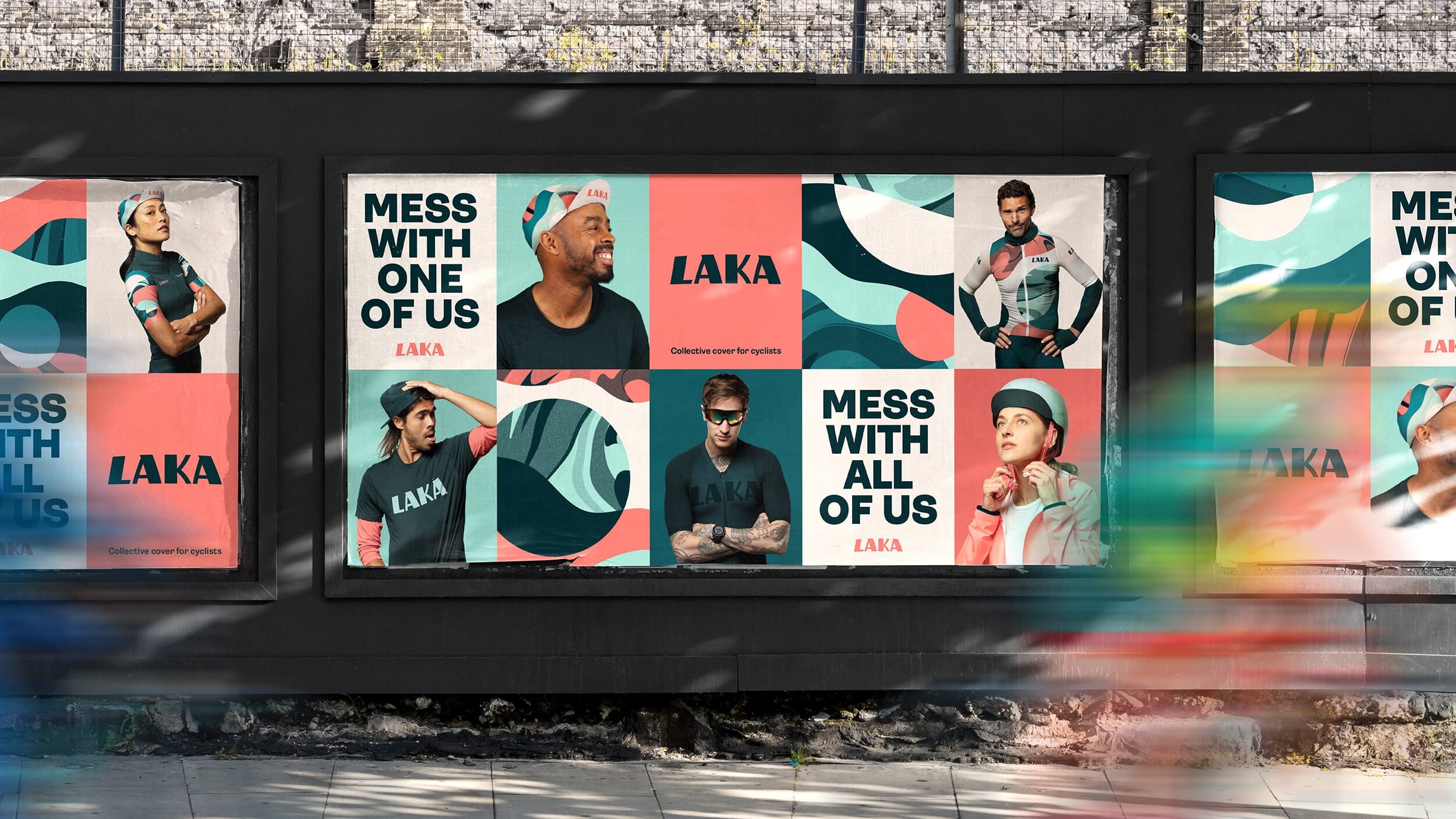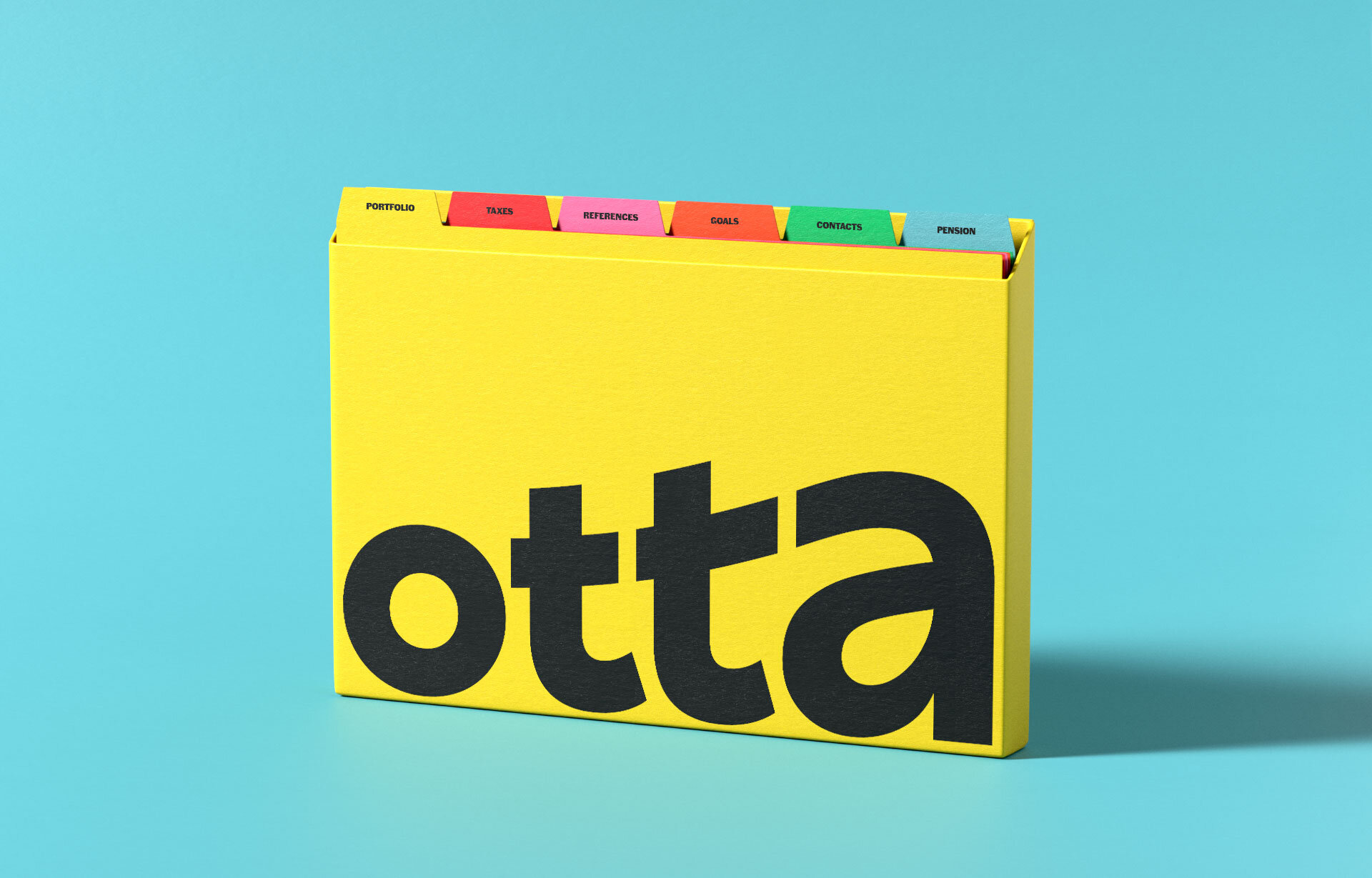Max Ottignon
Published 4th May 2021
INTRODUCTION
Max is co-founder of Ragged Edge, a branding agency for changemakers. Alongside fellow co-founder Matt Bland, Max has built an agency for people who care less about how things are, and more about how they could be.
Whether at scale or scaling up, Ragged Edge works with businesses with the conviction to challenge the status quo, from Bulb and Laka to Mindful Chef and East London Liquor Co.
From their London studio for clients around the world, the agency uses brand to solve complex, critical problems. Transforming businesses from the inside out with brave, conceptual thinking across strategy, creative and implementation.
Thanks for supporting our mentoring initiative! Why do you think these types of opportunities are important for creatives just starting out?
Access to our industry is still too reliant on factors other than your ability. Anything that opens up creative jobs to people who don’t fit the typical profile or don’t know the ‘right’ people is worth supporting.
Having no ‘higher education’ in design, what would you say to someone doubting their abilities and not feeling ‘qualified’ for a job?
When we’re creating brands we’re always looking for something unique that none of the competition has. Think about yourself in the same way. If you don’t have a similar background to others in the industry, that means you have a point of difference. Instead of trying to cover it up, think about ways you can frame that as an advantage to an employer. Starting out, I wish I’d had the confidence to focus on what I could do, rather than worrying about what I couldn’t.
“Starting out, I wish I’d had the confidence to focus on what I could do, rather than worrying about what I couldn’t. ”
You mentioned at the start of your journey that advertising was where the money was at. At what point did you realise this field wasn’t for you and needed change?
I’ve got nothing against advertising. But to get the most out of an ad campaign, you need to start with a clearly differentiated, relevant brand. Great branding gives a business the platform for great advertising. My experiences taught me that without the brand, advertising is just a sticking plaster. I was interested in building things that would stand the test of time, and the more I learned about branding, the more it appealed.
“Without the brand, advertising is just a sticking plaster.”
Knowing what you know now, what advice would you give yourself and co-founder Matt when Ragged Edge was just the two of you starting out?
Act with conviction. There were times where we were too cautious or too worried about getting ‘found out’. If I had my time again, I’d be more intentional about what we were doing, and more single-minded about working towards it. Through our client work, I’ve been lucky enough to work directly with some phenomenally successful entrepreneurs. The thing they all share is a clarity of vision, and a relentless focus. And they’re not afraid to articulate that ambition.
Embracing your “no egos” attitude, you said that right now, you wouldn’t be a good enough designer to work at Ragged Edge. Was it difficult handing over the reins to the first few designers you hired?
Not at all. The only thing I care about is the quality of the work. We were lucky in that the first designers we worked with added to that, so it was easy. Being able to rely on them to deliver the right quality freed me up to do the things where I could really add value. And it also allowed the designers to grow. Our first design hire, Luke, is now one of our Creative Directors. And now, when he’s hiring someone new, he’s looking for someone that can do things he can’t. I find that incredibly exciting, and it means we’re always getting better.
If you were a young creative today, how would you go about applying to a studio like Ragged Edge?
First of all, make sure the work’s as good as it can possibly be. Your portfolio is everything. Whether it’s self-initiated projects or real client work, you’ll be judged on the ideas, the execution, and the way you tell the story. Don’t compromise here.
Secondly, think about what you can bring that no one else can. Is it a unique set of experiences, a specific craft (type design, 3D or motion), the way you look at the world, or something you're particularly passionate about? And make sure that’s clear throughout.
And finally, get the ‘no talent required’ stuff right. Make it as easy as possible for your audience to hire you. Give them the info they need in the format they specify (if they ask for a PDF, send a PDF, not a link), get the details right in the email, all the obvious things that will show you’re serious.
Creatives are great at solving other people’s problems, but when it comes to our own...we go blank. Having recently repositioned Ragged Edge, what advice would you give young creatives trying to identify what makes them truly unique?
Ask yourself uncomfortable questions. Does that difference stand up to scrutiny? Does it matter to the audience as much as it matters to you? Does it line up with how your peers or clients would describe you? Test it on them, and be ruthlessly honest with yourself.
“Ask yourself uncomfortable questions.”
What do you want people to say about Ragged Edge when you’re not in the room?
We want to be known as the best in the world at what we do. Creating brands that drive big, meaningful change.
Recommended reading
Obsessed by Emily Heyward
Recommended listening
Creative Boom Podcast with Katy Cowan
Recommended follow










